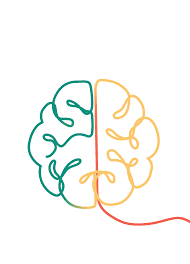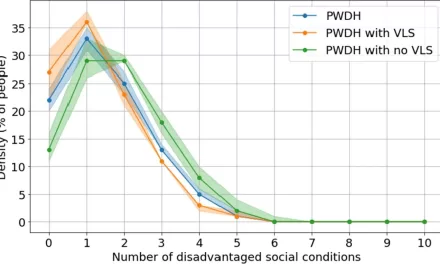COLUMBUS, Ohio – Ever been in a disagreement, certain that your perspective is the correct one? A recent study suggests why you might be wrong, even when you feel so sure of yourself.
Researchers have uncovered a cognitive phenomenon they call the “illusion of information adequacy.” This occurs when people believe they have enough information to make an informed decision, even when they do not.
The study, conducted by experts from The Ohio State University, Johns Hopkins University, and Stanford University, found that individuals tend to rely on limited data, often leading to overconfidence in their stance on a topic. Angus Fletcher, a professor of English at Ohio State and co-author of the study, explains that people rarely stop to consider that they might be missing crucial pieces of information when forming an opinion.
“People tend to trust the information they have, and if it seems to align, they assume it’s sufficient to make a decision,” said Fletcher, who is also a member of Ohio State’s Project Narrative. “If you give them a few pieces of evidence that support their viewpoint, they often think, ‘That sounds about right,’ and move forward with their decision.”
The study, published in PLOS ONE, involved 1,261 participants from across the United States. Participants were asked to read an article about a fictional school facing water shortages. The participants were divided into three groups: one group read only the arguments for merging with another school that had adequate water; another group read only the arguments for staying separate and finding other solutions; the third group read both sides of the debate.
The results were striking. The groups that read only one side of the argument were just as confident in their decision – whether to merge or stay separate – as the group that had read both sides of the debate. In fact, they were even more confident. Many of them believed they had enough information to make a good decision, even though they hadn’t been exposed to the complete picture.
“Those with partial information were not only confident that their decision was right, but they also assumed that most others would make the same choice,” Fletcher said. “It’s a clear demonstration of how people can be sure they’re right, even when they lack crucial facts.”
While this study sheds light on a common cognitive bias, it also offers some hope. When some participants were later provided with the opposing side’s arguments, many were willing to change their minds. However, this shift in perspective may not be easy in every situation, especially when ideological or deeply held beliefs are involved.
Fletcher noted that most interpersonal conflicts aren’t about entrenched ideologies, but misunderstandings or limited perspectives in everyday life. This aligns with research on naïve realism, which suggests that people often believe their subjective understanding of a situation is the absolute truth.
The findings also point to the importance of taking the time to gather all relevant information before making decisions or taking a stance on an issue. Fletcher advises, “When you disagree with someone, your first move should be to ask, ‘Is there something I’m missing that could help me understand their perspective better?’ This helps to combat the illusion of information adequacy.”
In an era of polarized debates and rapid information consumption, this study serves as a reminder of the value of thorough research and open-mindedness. Before forming firm opinions, it’s crucial to question whether we truly have all the facts.
Source: Fletcher, A., Gehlbach, H., & Robinson, C. (2024). “The Illusion of Information Adequacy.” PLoS ONE. DOI: 10.1371/journal.pone.0310216












